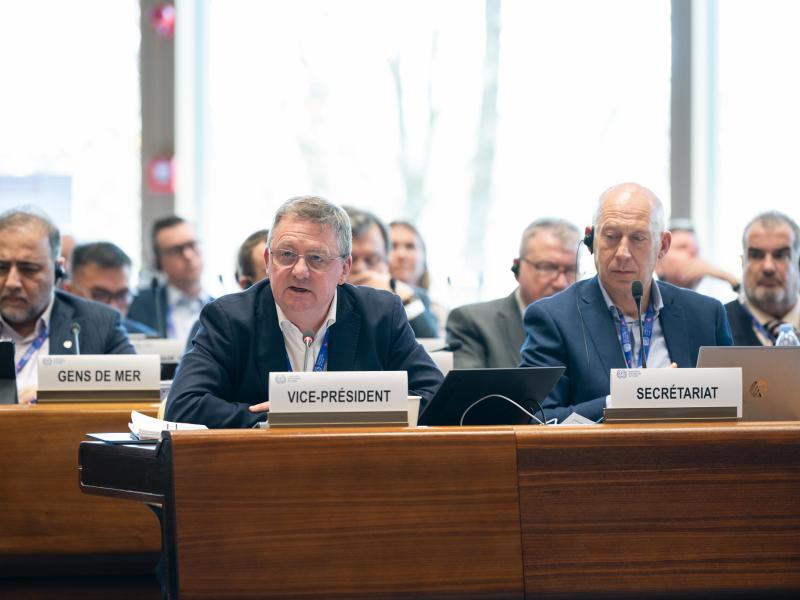Airline passenger demand fell 65 per cent in 2020 compared to the previous year and the demand for commercial aerospace products have also fallen dramatically. As a result, hundreds of thousands of workers in the sectors have been laid off. Export credit agency support is critical for restoring employment levels.
The International Transport Workers’ Federation (ITF), IndustriALL Global Union and the Trade Union Advisory Committee (TUAC) are calling for OECD countries to protect jobs and revive the global economy by strengthening and coordinating:
- Export credit agencies (ECAs) support for financing matters related to the aerospace and commercial aviation sectors; and
- Strengthening ECA “Common approaches” relating to human rights, including labor standards and due diligence initiatives
- Inclusion of trade unions and other NGOs and transparency in basic decision-making
“In theory, aviation is expected to be back at previous levels in 2025. But if it is to survive we need to keep the industry going now. Export credits are a way forward to stimulate the aerospace industry as that would facilitate orders and then deliveries,” said Atle Høie, IndustriALL assistant general secretary. “In addition, OECD policies on export credits would ensure the promotion of decent jobs and working conditions.”
Rob Johnston, ITF Assistant General Secretary said that it is vitally important that ECAs consider labour standards and sustainability issues before granting access to finance as this is the only way to ensure a level playing field.
“Both ITF and IndustriALL understand the importance of export credit agencies as millions of jobs rely on them. But it is also critically important to ensure that we link corporate behaviours to improving global labour practices,” said Johnston.
ECAs could also promote the renewal of airline fleets, which will be necessary for the industry, not least from a climate perspective to reduce CO2 emissions in future aviation.
The call for action follows months of cooperation between the global unions on export credits, culminating in a formal submission to the OECD Export Credit Agency in October 2020.
Heightened competition between countries has led to individual ECAs lowering their own policies that support jobs. Trade unions are particularly alarmed at competition from non-OECD members that are not party to the Common Approach framework. This underscores the need for OECD member states to work harder to coordinate policies to restore the global economy.
Human rights due diligence must also be strengthened and involve trade unions and other NGOs, especially during the ongoing pandemic. Workers can be the most effective means of identifying, monitoring, reporting and remedying negative environmental and human rights violations in businesses, industries and supply chains.
Image credit: Lukas Wunderlich



